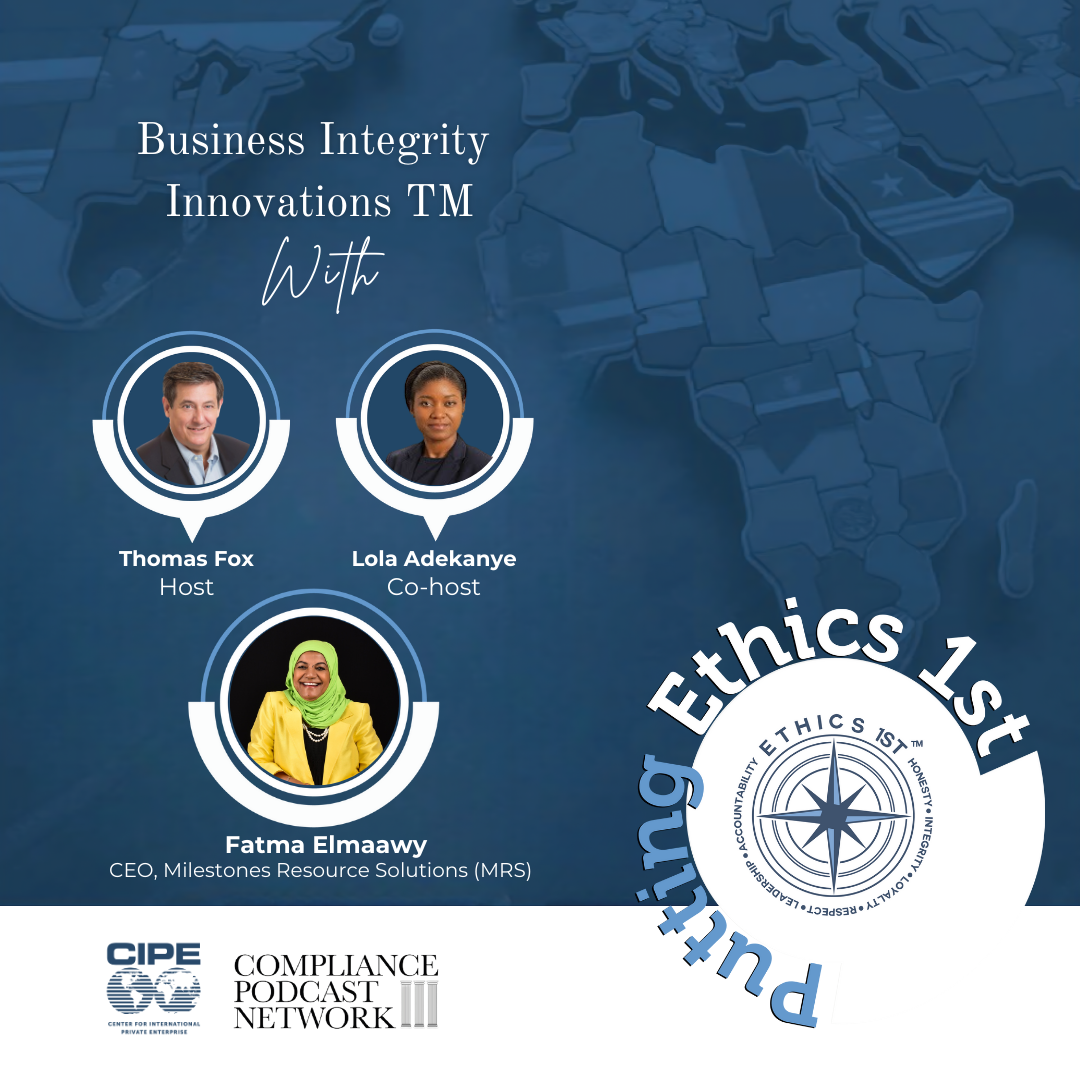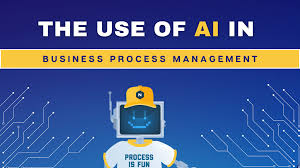Integrating artificial intelligence (AI) and advanced analytics with robust process management principles can unlock new levels of efficiency and innovation. Mars Wrigley, the global confectionery leader, offers an instructive case study. In an article in the Harvard Business Review entitled, How to Marry Process Management and AI Thomas H. Davenport and Thomas C. Redman wrote that through its strategic deployment of AI to digitize its supply chain and manage operations, Mars Wrigley demonstrates how a systematic approach to process management can achieve significant improvements in operational performance, customer satisfaction, and sustainability.
Mars Wrigley’s success story holds valuable lessons for compliance professionals about aligning technology, data, and governance to enhance compliance frameworks and drive value across organizations.
Digitization and AI: The New Frontier for Process Management
Mars Wrigley began its journey by building a digital twin of its production line and feeding real-time operational data into machine-learning models. The results were striking. The company received predictive insights that reduced overfilling, minimized waste, and optimized supply chain processes. They partnered with vendors like Aera Technology for data visualization and preventive maintenance and with Kinaxis to balance supply and demand, automate invoices, and increase truck utilization by 15%.
This underscores a critical point from a compliance standpoint: Technology can only enhance compliance when processes are well-defined, integrated, and aligned with organizational goals. Compliance officers must recognize the potential of AI to streamline compliance monitoring, enhance risk detection, and reduce manual inefficiencies.
For example, consider AI tools that monitor high-risk transactions or flag anomalies in employee expense reports. When implemented in a robust compliance framework, these tools improve detection rates and allow compliance teams to focus on strategic initiatives rather than routine checks.
The Role of Process Management in Compliance
Process management is about understanding how tasks fit together to create a specific outcome and then optimizing those sequences. Put another way, it is about operationalizing compliance. Whether addressing department-level activities or end-to-end processes, process management principles can yield transformative results when applied to compliance. What are some of the ways process management can do so?
In areas as basic as error reduction, well-managed processes minimize compliance failures by reducing error rates and increasing consistency. A traditional compliance department area is cross-functional coordination with other corporate departments. Effective compliance requires breaking down silos, whether between legal, finance, HR, or operations, and aligning departments toward common objectives.
This approach can also positively impact corporate culture by increasing stakeholder buy-in and employee engagement. Process management often conflicts with hierarchical management structures. In compliance, this tension may manifest when reconciling DOJ mandates with operational priorities in your organization. Persuading stakeholders to prioritize compliance demands strong leadership and effective change management.
AI and Process Management: A Compliance Blueprint
AI supports specific subprocesses within larger workflows, but true transformation occurs when organizations integrate these capabilities across end-to-end processes. For compliance professionals, this is a roadmap for embedding AI into compliance programs.
Step 1: Establish Ownership
Every effective compliance initiative begins with clear accountability. A defined ownership structure underpinned Mars Wrigley’s digital twin success. Compliance programs require similar clarity. Appointing a “compliance process owner” ensures cross-functional alignment, while department-level compliance champions can coordinate implementation.
Step 2: Map and Redesign Processes
Mapping current compliance processes is essential for identifying inefficiencies. Process mining tools, which analyze enterprise system logs to identify bottlenecks, can uncover hidden risks. For instance, tracking the due diligence lifecycle in third-party onboarding can reveal inefficiencies, such as delays in background checks or missed follow-ups.
Redesign efforts should prioritize risk-prone areas, leveraging AI tools to streamline activities like transaction monitoring, policy distribution, and whistleblower case tracking.
Step 3: Define Metrics and Set Targets
Compliance performance must be measurable. Metrics such as incident resolution times, training completion rates, and risk assessment quality should guide process improvements. AI enables real-time metrics monitoring, providing insights that compliance officers can act on immediately. Mars Wrigley’s use of analytics to improve truck utilization offers a parallel for compliance: by tracking resource allocation, compliance teams can reduce unnecessary costs while ensuring optimal coverage of risk areas.
Step 4: Leverage Technology and Data
AI tools such as robotic process automation (RPA) and natural language processing (NLP) are increasingly used in compliance programs to automate routine tasks. RPA can streamline repetitive activities like generating regulatory reports. NLP can analyze large volumes of text, such as contracts or policies, to identify risks or inconsistencies.
Compliance professionals must also advocate for standardized data practices. As Mars Wrigley’s case illustrates, data silos impede process efficiency. In compliance, inconsistent data can obscure risks, making standardized data governance a cornerstone of effective compliance.
Step 5: Foster a Culture of Continuous Improvement
AI and process management are not “set it-and-forget it” solutions. As Mars Wrigley demonstrated, continuous monitoring and iterative improvements are critical for sustaining gains. This means regularly reviewing and updating AI tools for compliance professionals to address emerging risks and regulatory changes.
Lessons for Compliance Professionals
Mars Wrigley’s journey highlights several key takeaways for compliance leaders:
- Invest in AI Thoughtfully. Technology is not a silver bullet. Its effectiveness depends on how well it integrates with and supports compliance processes.
- Adopt a Holistic View of Compliance. Compliance risks rarely confine themselves to one department. Breaking down silos through cross-functional process management improves visibility and reduces risk.
- Prioritize Data Governance. High-quality, standardized data is essential for both AI and compliance. Without it, even the best tools cannot deliver meaningful insights.
- Embrace Change Management. As with Mars Wrigley’s digital transformation, compliance process improvements require buy-in from leadership and employees.
The Compliance Call to Action
Compliance has been reactive for too long, focusing on addressing failures rather than preventing them. Integrating AI into process management offers an opportunity to shift that paradigm. By combining the best of technology and process management, compliance programs can reduce risk and enhance business value.
Mars Wrigley’s success story reminds us that the tools and strategies to transform compliance are available—but the onus is on compliance professionals to lead the charge. Whether through smarter risk management, better stakeholder engagement, or innovative technology adoption, the path forward is clear: process management and AI are not just operational tools; they are the future of compliance.
Now is the time to act. By adopting process management principles and leveraging AI, compliance leaders can build programs that are not only effective but also resilient, sustainable, and aligned with organizational goals. The question is no longer whether compliance should embrace these tools but how quickly they can integrate them into their processes.
By learning from companies like Mars Wrigley, compliance professionals can reimagine their programs, aligning them with the business’s needs while staying ahead of regulatory requirements.







